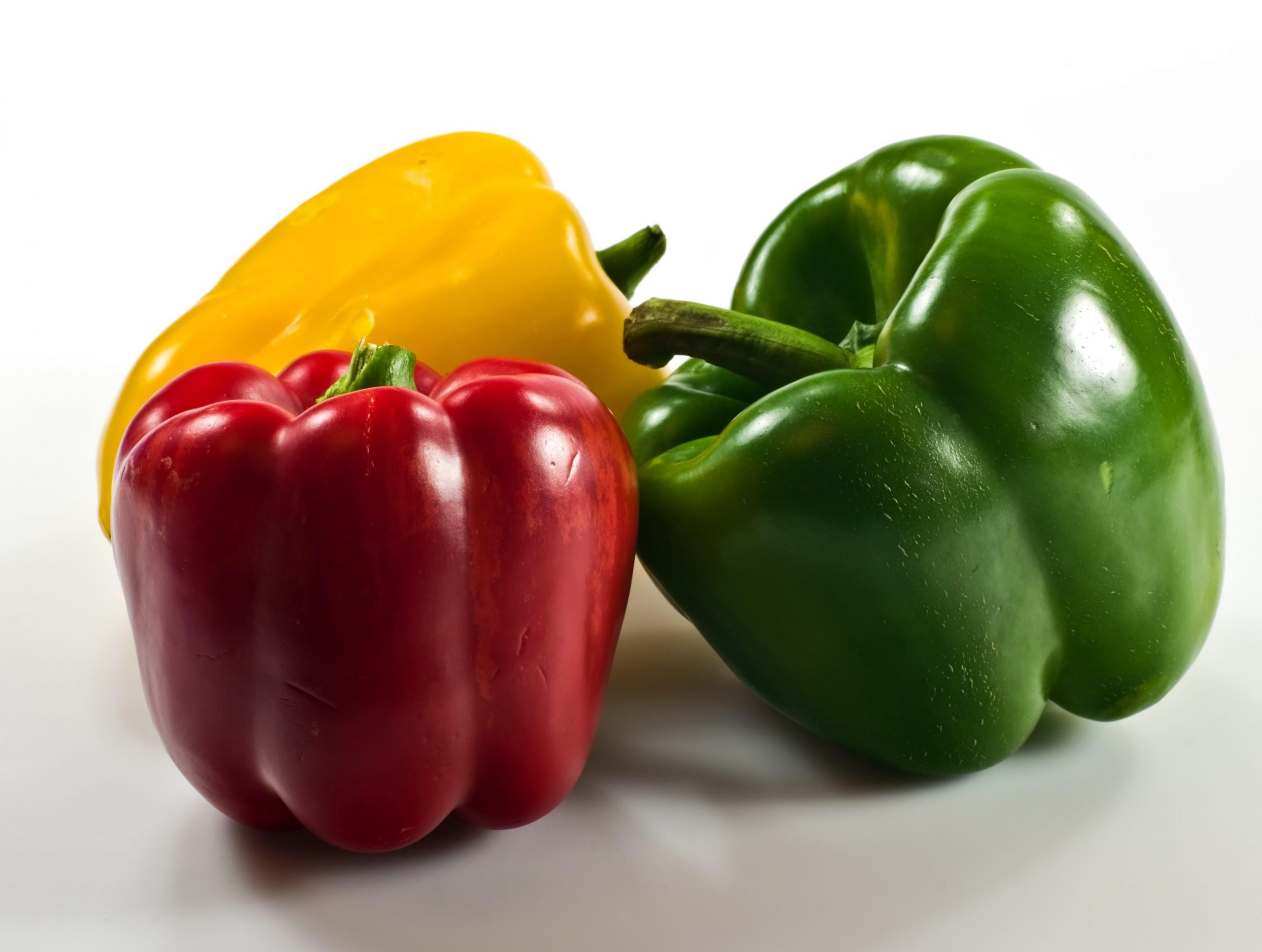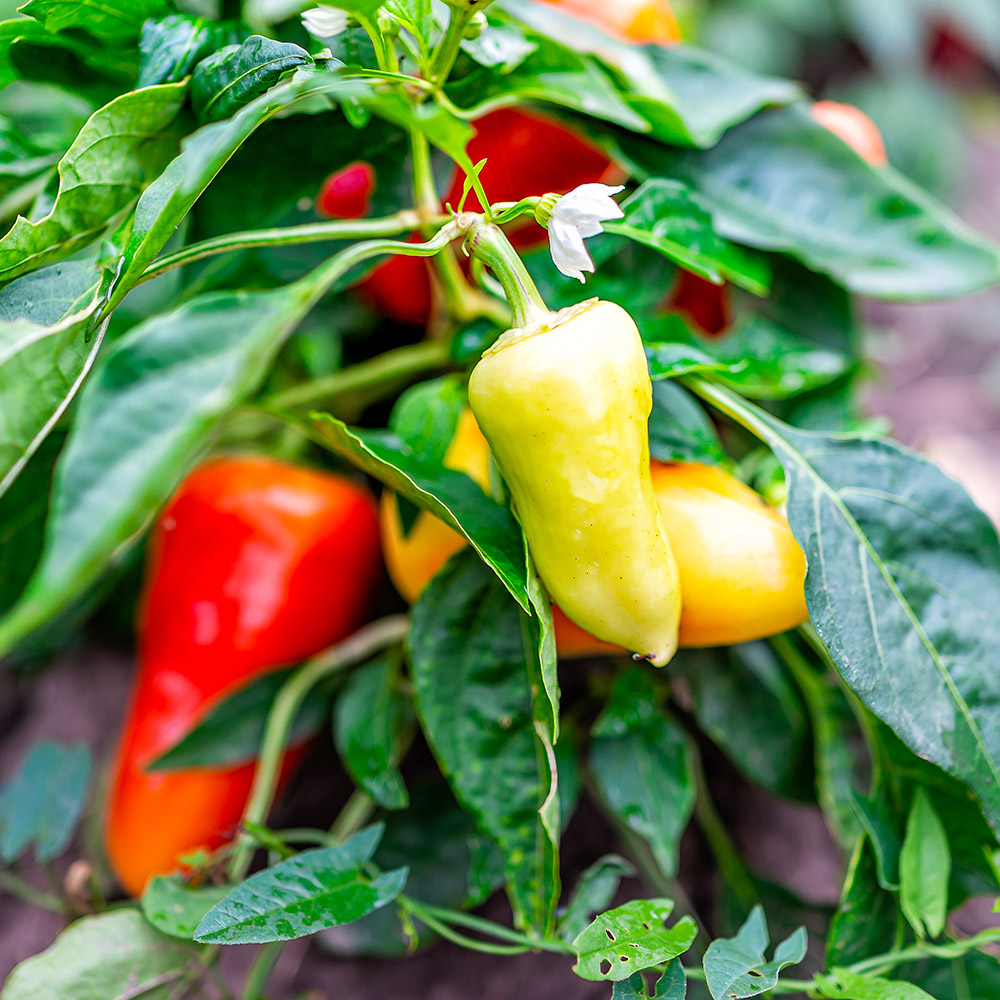Organic Vs. Synthetic Fertilizers: Which Is Best for Supporting Healthy And Balanced Pepper Plants?
In the world of nurturing healthy and balanced pepper plants, the selection between artificial and organic plant foods stands as an essential decision with far-reaching effects. While both alternatives objective to provide essential nutrients to sustain plant growth, the subtleties of their effect on the soil, plant wellness, and the atmosphere stimulate a debate that mirrors throughout the gardening community. Recognizing the unique benefits and prospective pitfalls of each plant food type is essential for pepper farmers seeking to optimize their returns while maintaining a lasting and eco-conscious strategy.
Benefits of Organic Plant Foods
Organic fertilizers use an environmentally-friendly and sustainable method to beneficial pepper plants, providing important nutrients without the usage of synthetic chemicals. These all-natural plant foods are originated from natural sources such as compost, manure, bone dish, and seaweed, promoting dirt health and biodiversity. Unlike artificial plant foods, organic choices launch nutrients slowly, making certain a balanced and stable supply for pepper plants to grow.
One significant benefit of natural plant foods is their ability to enhance dirt structure and water retention. By enhancing soil wellness, natural fertilizers promote valuable microbial activity, which helps in nutrient uptake by pepper plants. In addition, organic fertilizers minimize the threat of chemical run-off, protecting water sources from contamination and safeguarding the atmosphere.
In addition, organic fertilizers contribute to lasting dirt fertility by advertising the development of advantageous soil organisms. These microorganisms aid damage down raw material, releasing nutrients in a form that is quickly available to pepper plants. best fertilizers for peppers. By cultivating a healthy and balanced dirt ecosystem, organic plant foods sustain sustainable pepper farming techniques that profit both plants and the setting
Disadvantages of Synthetic Plant Foods
Artificial plant foods, unlike their natural equivalents, position different downsides when utilized to nourish pepper plants, affecting both plant health and environmental sustainability. One significant downside of artificial fertilizers is their tendency to leach nutrients from the soil quickly. This rapid leaching can bring about vitamins and mineral inequalities in the dirt, creating plants to experience poisonings or shortages. Additionally, synthetic plant foods can hurt helpful soil organisms, such as earthworms and beneficial microorganisms, interrupting the soil ecosystem's equilibrium.
Additionally, the overuse of synthetic plant foods can contribute to water pollution. Excess plant foods not taken in by plants can remove into water bodies, leading to eutrophication, where algae blossoms deplete oxygen degrees in the water, hurting marine life. Additionally, synthetic plant foods are generally acquired from non-renewable resources, such as nonrenewable fuel sources, adding to carbon emissions and environmental degradation throughout their production.
Nutrient Absorption Comparison
When contrasting natural and synthetic fertilizers in terms of nutrient absorption, organic plant foods have the benefit of giving an extra well balanced and slow-release resource of nutrients. Organic plant foods contain a variety of macro and micronutrients that are not only advantageous for the plants however likewise advertise healthy and balanced dirt microbial activity, which helps in nutrient uptake.
Moreover, natural look what i found plant foods boost dirt framework and water retention ability, permitting pepper plants to access nutrients more successfully. This better dirt high quality assists in origin advancement, allowing much better nutrient absorption. Synthetic fertilizers, although initially increasing plant growth due to their high nutrient focus, might impede long-lasting nutrient absorption by degrading dirt health and wellness in time.
Environmental Influence Factors To Consider

On the various other hand, synthetic plant foods, although commonly more focused and promptly available to plants, can have damaging effects on the atmosphere if not used properly (best fertilizers for peppers). Their manufacturing requires high power inputs, leading to greenhouse gas discharges and contributing to climate adjustment. The drainage of excess synthetic fertilizers can contaminate water sources, leading to eutrophication and damaging aquatic environments.
Finest Plant Food Practices for Peppers
When feeding pepper plants, maximizing nutrient uptake and minimizing environmental effect are vital considerations. To achieve this, it is important to adhere to ideal plant food practices tailored to the particular requirements of pepper plants. One vital technique is to execute a dirt examination prior to using any kind of plant foods. This examination can figure out the pH degree of the dirt and determine any type of nutrient deficiencies, directing link you in choosing one of the most appropriate fertilizer formulation.
Another important technique is to feed pepper plants at the ideal time. Commonly, peppers gain from obtaining plant food at planting and afterwards again when they begin to blossom. Over-fertilizing can cause nutrition discrepancies and harm the plants, so it is vital to adhere to advised application rates.
Furthermore, selecting a balanced plant food with an NPK ratio that suits pepper plants' requirements is basic. Organic plant foods, such as compost or manure, can be exceptional choices as they launch nutrients slowly and boost dirt structure gradually. Synthetic plant foods can give a quick nutrient boost when needed. Ultimately, integrating artificial and natural fertilizers deliberately can help nurture healthy pepper plants while reducing environmental influence.
Final Thought

Organic fertilizers offer an environmentally-friendly and lasting method to beneficial pepper plants, supplying necessary nutrients without the use of artificial chemicals. Unlike artificial fertilizers, organic choices release nutrients slowly, guaranteeing a steady and balanced supply for pepper plants to flourish.
Synthetic fertilizers, in comparison to their natural equivalents, position different disadvantages when utilized to nurture pepper plants, impacting both plant wellness and environmental sustainability. When comparing natural and artificial plant foods in terms of nutrient absorption, organic plant foods have the benefit of giving an extra well image source balanced and slow-release source of nutrients.Additionally, natural fertilizers improve soil structure and water retention capacity, enabling pepper plants to access nutrients much more successfully.
Comments on “Best Fertilizers for Peppers: Make The Most Of Plant Health and Yield”